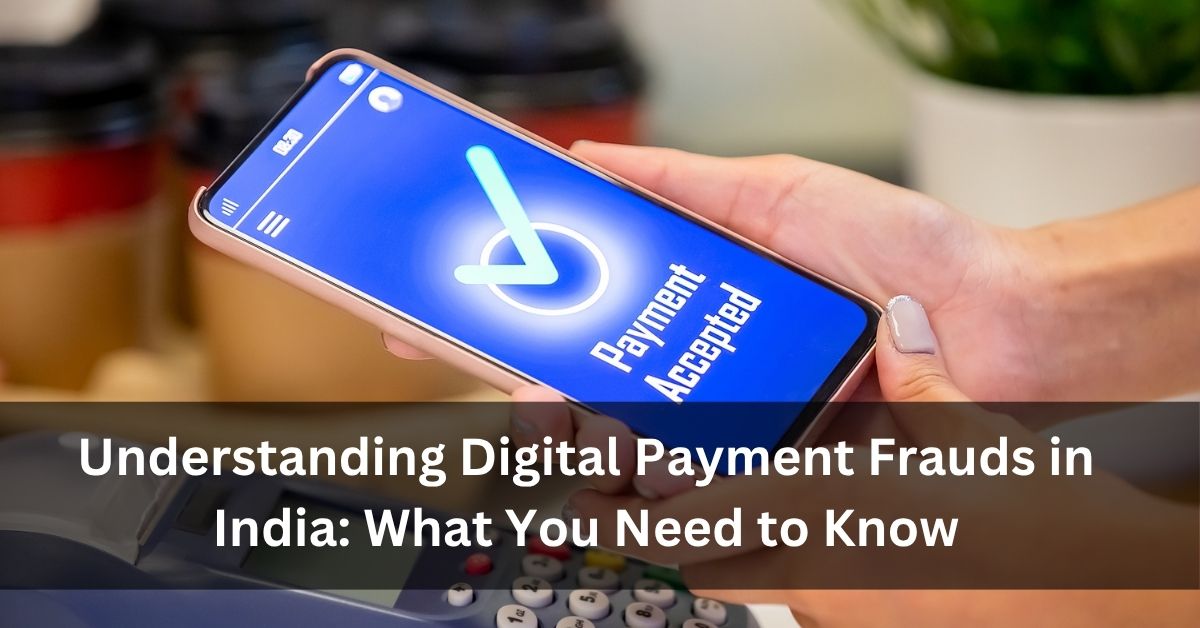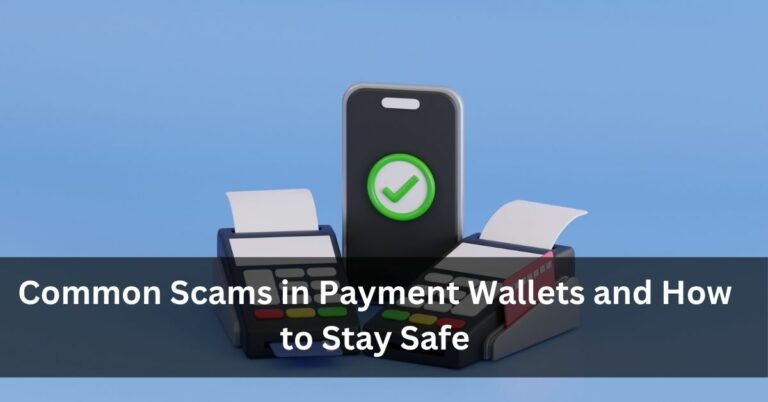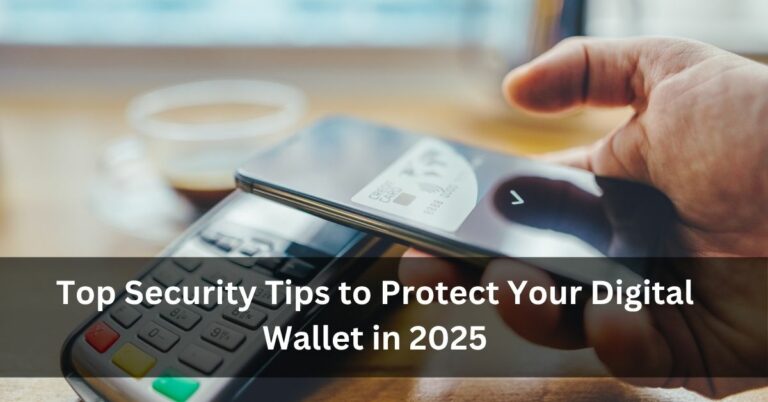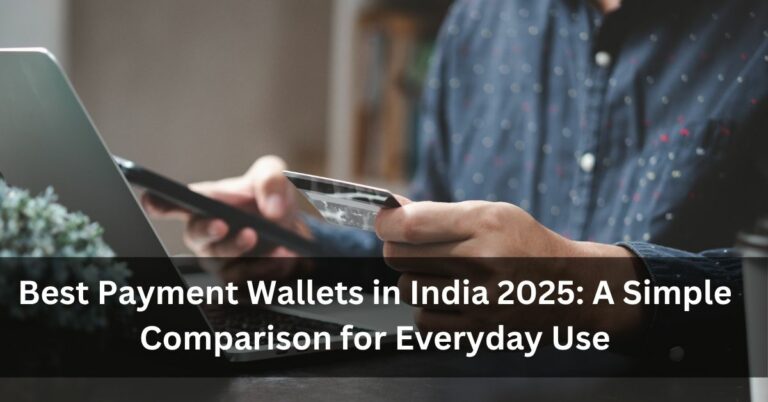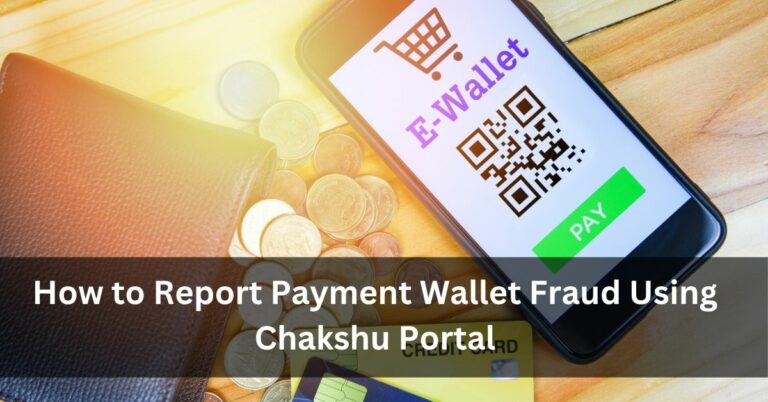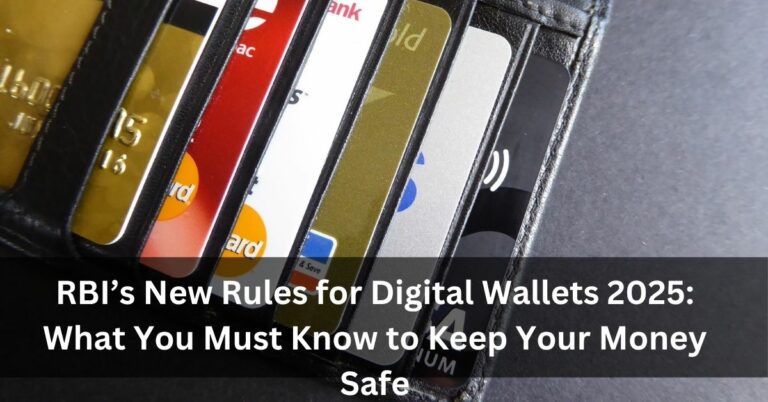Understanding Digital Payment Frauds in India: What You Need to Know
Today, almost everyone in India uses digital payments. Whether you are paying your electricity bill, sending money to a friend, or buying vegetables from a local seller, apps like PhonePe, Google Pay, Paytm, and others make it quick and easy. These wallet apps and UPI platforms have become a part of everyday life.
But with this convenience, there is also a growing risk. Fraud through digital payment apps has become very common. Many people are losing their money because of fake calls, links, and messages. At Chakshu Portal, we bring you simple, clear updates on what’s really happening — so you can stay safe.
What Is a Digital Payment Fraud?
Digital payment fraud means someone tricks you into giving your money or personal information. This can happen in many ways — through a phone call, message, email, or even a fake app. The person on the other side often pretends to be from your bank, a UPI service, or a government department.
They usually create a situation where you feel you have to act fast. For example, they may say your account will be blocked unless you click on a link or share an OTP. Once they get access, they can empty your bank account or digital wallet.
This is why Chakshu Portal covers such cases regularly — so you always know what to watch out for.
Digital Fraud in Numbers: Why It’s a Big Problem
The number of digital payment frauds in India has grown fast in recent years. According to RBI reports:
- Fraud cases involving online payments have more than tripled in one year.
- In 2024–25 alone, digital frauds crossed ₹36,000 crore.
- Over 63,000 cases have been reported in just the last few years.
This isn’t just happening in big cities. People in small towns and villages are also getting targeted. That’s why it’s important to learn how these frauds happen and how to stop them.
For regular updates, follow Chakshu Portal.
Common Types of Digital Payment Frauds in India
1. Fake Customer Care Calls
You may get a call from someone saying they are from your bank or UPI app. They will say your account needs verification or KYC. Then they will ask for your OTP or UPI PIN.
Important: No bank or app will ask for these over a call.
2. QR Code Scam
Scammers say they want to send you money and ask you to scan a QR code. But scanning a QR code is for sending money, not receiving it. So, your money goes to them.
3. Phishing Messages and Links
You may get a message or email saying your account needs to be updated. It will include a link that looks like your bank or UPI site. When you enter your details, the scammer gets access.
4. Fake Apps
Some fraudsters create apps that look like popular UPI or wallet apps. People download them by mistake and lose their money or personal data.
5. SIM Swap Fraud
Scammers get a new SIM with your number by using fake documents. Once they get it, they receive all your OTPs and can steal your money.
Real Fraud Cases from Across India
These are some real incidents where people have lost big amounts through digital payment frauds:
- Delhi: A retired teacher got a WhatsApp message to update her KYC. She downloaded an app sent by the scammer and lost ₹47 lakh.
- Gurgaon: An employee of a company received fake WhatsApp messages from someone pretending to be the company owner. He was fooled into transferring ₹6.5 crore.
- Nagpur: A man was tricked into investing in a fake electronics business. He lost over ₹10 lakh through digital payment apps.
You can find more such case studies on Chakshu Portal, which regularly covers important alerts.
Simple Ways to Stay Safe
You don’t need to be a tech expert to protect your money. Just follow these basic tips:
- Don’t share your OTP, UPI PIN, or passwords with anyone.
- Don’t click on unknown links sent through SMS, email, or WhatsApp.
- Never scan a QR code to receive money. Use it only to pay.
- Download apps only from official app stores like Google Play or Apple App Store.
- Check your account activity regularly. If you see anything odd, report it to your bank at once.
What to Do If You Get Scammed?
If you think you’ve been cheated, act fast. Here’s what you should do:
- Call your bank immediately and ask them to block or freeze your account.
- Call the Cyber Fraud Helpline at 1930.
- Report the fraud on www.cybercrime.gov.in.
- Report scam messages and calls on the Sanchar Saathi Portal.
Acting quickly can help you stop the scammer from taking more money.
What Is the Government Doing?
To stop digital frauds, the government and RBI are working on new rules:
- From June 30, 2025, UPI apps will show the full name of the person you’re sending money to before the payment is made. This will reduce mistakes and frauds.
- Banks have been asked to follow strict KYC rules.
- Fake websites and scam phone numbers are being tracked and blocked.
These steps aim to make digital payments more secure. For updates on new rules and changes, keep checking Chakshu Portal.
Final Thoughts
Digital payments are easy and fast — but they come with some risk. You don’t need to stop using them. You just need to be a little more alert.
At Chakshu Portal, we are committed to helping you stay informed. We share the latest news, scam alerts, and simple tips to protect your money. Stay connected and stay safe.

